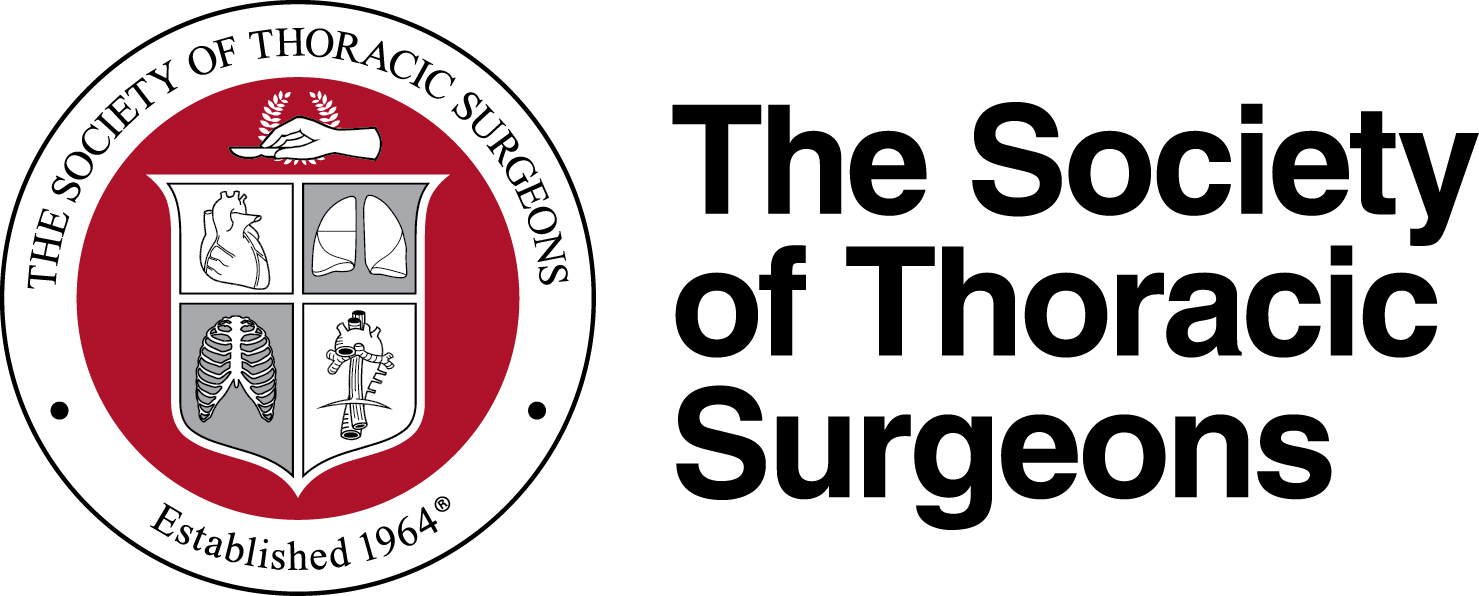Closer follow-up is warranted in CABG patients with PAD
Newswise — Chicago – Peripheral arterial disease (PAD) is a known risk factor following coronary artery bypass grafting (CABG) surgery, and a new study in the July 2013 issue of The Annals of Thoracic Surgery shows that the risk of death is even higher among black patients with PAD.
PAD is a disease in which plaque builds up in the arteries that carry blood to the head, organs, and limbs. One in 20 Americans over the age of 50 has PAD, according to the National Heart, Lung, and Blood Institute.
Previous research has shown that PAD is more prevalent among blacks; however the effect of race on long-term survival following CABG surgery had not been examined in this population.
“Our study examined the influence of race among patients with peripheral arterial disease who underwent open heart surgery to repair blockages in the arteries that supply blood to the heart,” said lead author Jimmy T. Efird, PhD, MSc, from East Carolina University in Greenville, NC.
Using data from the Brody School of Medicine at East Carolina University, stored in the STS National Database, Dr. Efird, senior author Alan P. Kypson, MD, and colleagues analyzed medical records for 13,053 patients who underwent first-time, isolated CABG at the East Carolina Heart Institute between 1992 and 2011. A total of 1,501 patients (11.5%) had PAD at the time of CABG surgery.
The researchers found that the median survival for patients with PAD was 9.2 years, compared to 15 years for patients without PAD. They also found that while the median survival was 9.5 years for white patients with PAD, it was 8.0 years for black patients with PAD.
“In an era of personalized medicine and increased focus on quality, one of the ways in which we can significantly improve health care is to critically examine long-term outcomes in different populations in order to narrow the racial disparity gap that we know exists in medicine,” said Dr. Kypson.
The East Carolina Heart Institute is located in the center of eastern North Carolina, a low-income, rural region with a large black population. Cardiovascular disease is the #1 cause of death in North Carolina, with an unequal burden occurring in eastern North Carolina, according to the authors.
“Our results highlight that the quality and quantity of health care should be extended to all groups for improved overall health and maximization of long-term survival after CABG surgery,” said Dr. Efird. “We recommend that cardiothoracic surgeons and cardiologists continue to closely monitor black patients with PAD after CABG surgery with an understanding that they have an increased long-term risk of death compared with white patients.”
###
For a copy of the study, contact STS Media Relations at 312-202-5845 or [email protected].
Founded in 1964, The Society of Thoracic Surgeons is a not-for-profit organization representing more than 6,600 cardiothoracic surgeons, researchers, and allied health care professionals worldwide who are dedicated to ensuring the best possible outcomes for surgeries of the heart, lung, and esophagus, as well as other surgical procedures within the chest. The Society’s mission is to enhance the ability of cardiothoracic surgeons to provide the highest quality patient care through education, research, and advocacy.
The Annals of Thoracic Surgery is the official journal of STS and the Southern Thoracic Surgical Association.
MEDIA CONTACT
Register for reporter access to contact detailsCITATIONS
Ann Thorac Surg 2013;96:112–8
